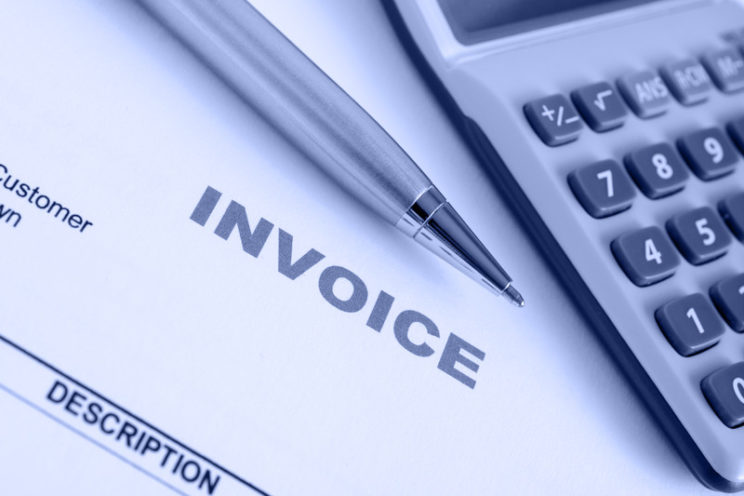As a matter of first impression, the Court of Appeal recently held in County of Los Angeles Board of Supervisors v. Superior Court of Los Angeles County (ACLU), 235 Cal.App.4th 1154 (2015) that invoices confidentially transmitted from an attorney to a client are protected by the attorney-client privilege under California Evidence Code section 952, and therefore, exempt from disclosure under the California Public Records Act (CPRA).
The ACLU had submitted a CPRA request to the Los Angeles County Board of Supervisors and the Office of the Los Angeles County Counsel seeking invoices specifying the amounts the county had been billed by different law firms in connection with actions brought by inmates claiming excessive force and violence. Id. at 1160. The ACLU argued that certain firms may have engaged in “scorched earth litigation tactics and dragged out cases even when a settlement was in the best interest of the County,” and that the public had a significant interest in ensuring taxpayer funds were not misused. Id. at 1161.
The Court of Appeal acknowledged the significant public interest at stake, but confirmed that the attorney-client privilege is absolute and disclosure of privileged information may not be ordered regardless of the “relevance, necessity or the particular circumstances of the case.” Id. at 1177 (citing Costco Wholesale Corp. v. Sup. Ct., 47 Cal.4th 725, 732 (2009)).
Evidence Code section 952 defines a confidential communication as “information transmitted between a client and his or her lawyer in the course of that relationship and in confidence” and expressly includes legal opinions and advice. The court rejected the ACLU’s claim that only communications containing an attorney’s legal opinions or advice are confidential. Instead, the court relied on the California Supreme Court’s decision in Costco, supra, 47 Cal.4th at 731, in concluding that the privilege protects a confidential transmission during the course of an attorney-client relationship “irrespective of its content.” Id. at 1174.
The court further rejected the ACLU’s claim that properly redacted invoices would not qualify as privileged. Again, relying on Costco, supra, 47 Cal.4th at 736, the court found that “when the communication is a confidential one between attorney and client, the entire communication’ is privileged.” Id. at 1176. The court therefore granted the county’s petition for writ of mandate and ordered the trial court to vacate its order compelling disclosure of redacted invoices. Id. at 1162, 1177.
Because under California law the attorney-client privilege is strictly statutory, courts applying federal common law have reached a different result, holding that invoices, as a whole, are not privileged. Id. at 1168, n. 3; Clarke v. American Commerce Nat. Bank, 974 F.2d 127, 129-130 (9th Cir. 1992) (compelling disclosure of invoices containing client’s identity, case file name, amount of fees and general nature of legal services). Accordingly, production of redacted billing invoices may still be required under federal common law.
About the author:
Sarah Banola is a senior counsel in the litigation department at Cooper, White & Cooper’s San Francisco office. She serves as vice-chair/chair-elect of BASF’s Legal Ethics Committee.


